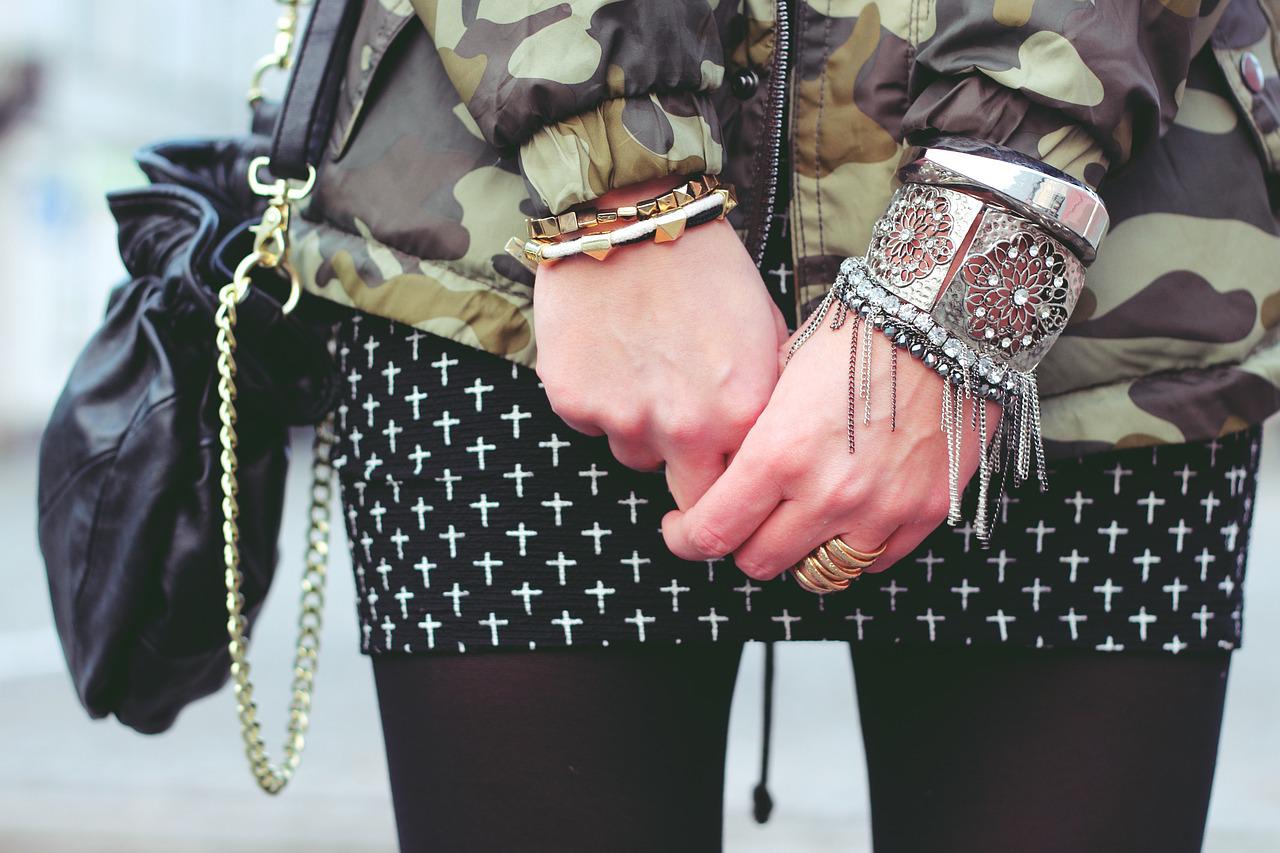As far as we are aware, people have worn jewellery ever since there have been people. Why do they do it, then? There are actually a number of them. That is presumably why it is so common.
Jewellery is a term for an article of wearable personal ornamentation, such as a necklace, ring, brooch, or bracelet. It is spelt differently in American English (Jewelry) and British English (Jewellery). It is typically fashioned from precious metal, although it might also be made from any other material. Its value may be enhanced by its use of geometric, symbolic, or other designs.
When considering the reasons why people wear jewellery, wealth is likely the first thing that comes to mind. In many nations and cultures, jewellery has been the primary way that material riches have been displayed.
Large sums of wealth have historically been kept in storage in the form of jewellery throughout the majority of these societies, making jewellery both a means of wealth storage and a type of currency. Even today, many societies use jewellery in rituals and bridal dowries as a means of symbolically or actually transferring wealth. Jewellery has frequently been used as a form of payment for goods.
But it's not just about the cash. Many pieces of jewellery, including brooches, clasps, pins, and buckles, started out as simply utilitarian things before developing into beautiful items when clothes changed and the need for support from function decreased. Please who wants to submit blogs and article can visit the link given on Write for us Jewellery.
Jewellery can be considered to have offered protection in the past and, in certain situations, in the present, albeit sometimes to a much lesser extent, in the form of amulets and magical wards. In various cultures, wearing amulets and devotional medals to offer protection or ward off evil is widespread; they can take the form of symbols (like the ankh), stones, plants, animals, bodily parts (like the Khamsa), or glyphs, such stylized renditions of the Throne Verse in Islamic culture.
The original jewellery was created using natural materials including bone, animal teeth, shells, wood, and carved stone. For increasingly affluent individuals as symbols of social status, jewellery was likely fashioned from rarer or exotic materials more frequently over time. In these situations, more durable materials were typically utilised, such as metal and gemstones, eventually leading to the employment of diamond in more recent times, the hardest and most durable natural substance of all.
From toe rings to hairpins and a wide variety of other pieces of jewellery, jewellery has been created to decorate almost every region of the body. While costly stones and premium metals like silver or gold are still used to create high-quality jewellery today, there is also an increasing market for art jewellery, where aesthetic value is prioritised over functional value. Additionally, there is a noticeable trend toward mass-produced, inexpensive costume jewellery made of inferior materials. This provides the opportunity to wear jewellery to complement a certain suit of clothing or even to utilise throwaway items for a special event.
Costume jewellery not only got more inexpensive but also more popular. In the middle of the 20th century, it was popularized by a number of designers, but the Hollywood motion picture, which was able to reach nearly everyone on the planet, had the biggest role in its success.
The most prominent female stars of the 1940s and 1950s frequently wore and afterwards promoted the items created by a variety of designers. The advertisements for the items featured celebrities like Vivien Leigh, Elizabeth Taylor, and Jane Russell, and the collections were sold in high street stores, allowing regular ladies to purchase and wear the jewellery.
Check Write For Us Fashion category for blog posting related to fashion niche at A Class Blogs Website.


